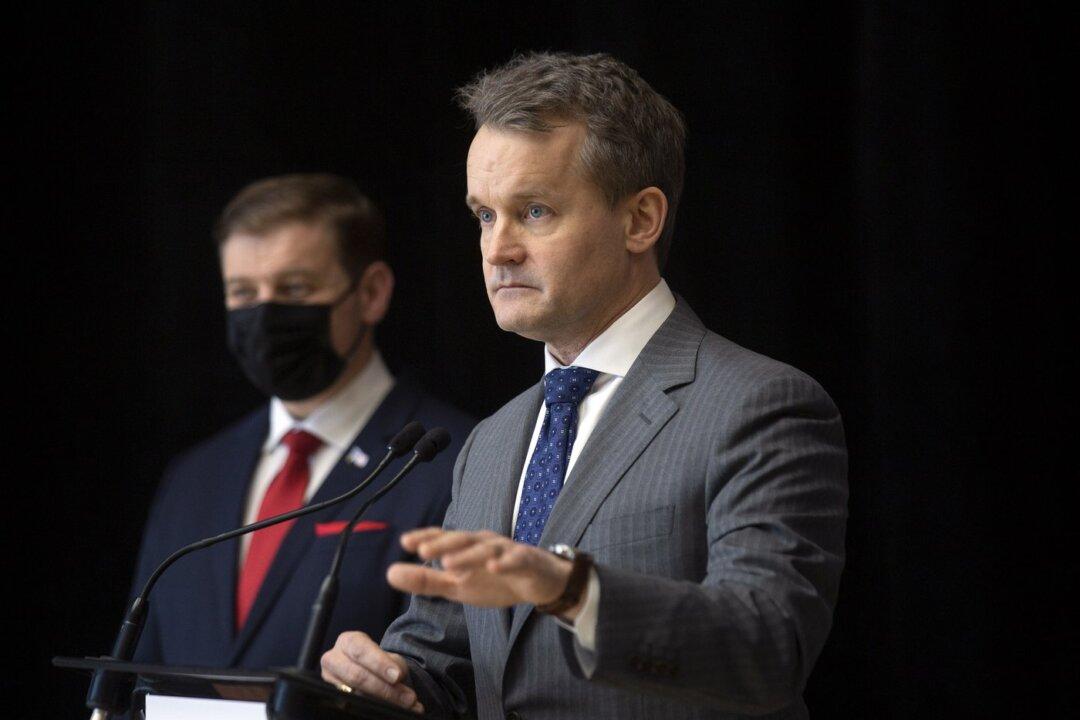Labour Minister Seamus O'Regan says the Liberal government is planning legislation to make Canadian companies ensure that they are not using slave labour or exploiting child workers overseas.
In an interview, O’Regan said he is preparing a “comprehensive” bill that would require Canadian firms and government departments to scrutinize supply chains with the aim of protecting workers.





